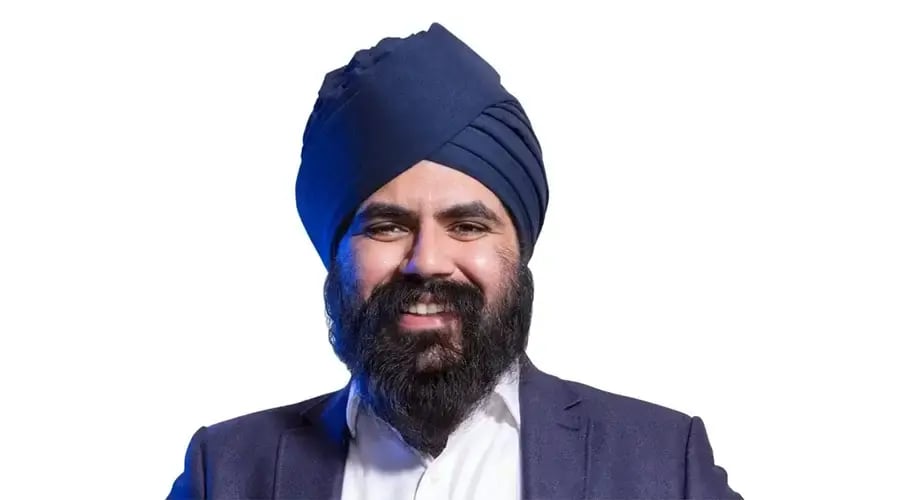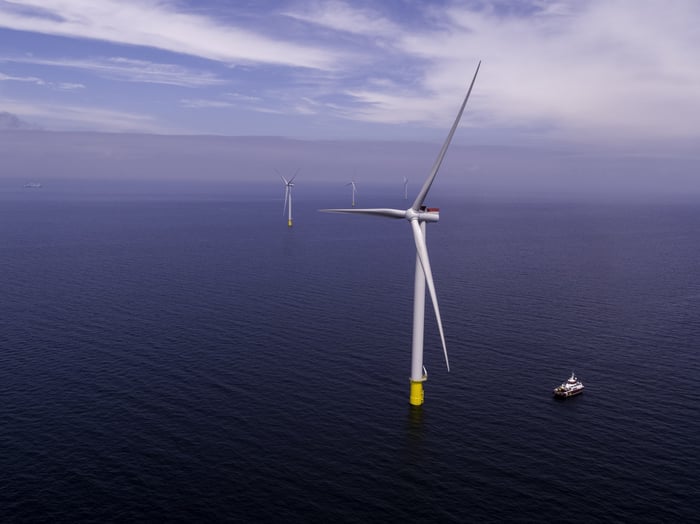
About the Course
This two-day programme designed to immerse professionals in the critical and rapidly evolving field of carbon management. As the world intensifies its efforts to combat climate change, understanding and implementing CCUS technologies has never been more vital. This course goes beyond the basics, offering detailed insights into the entire CCUS lifecycle—from capturing carbon dioxide emissions at their source to transporting, utilising, and securely storing them.
Participants will start with a deep dive into the carbon cycle and the various legal frameworks that govern CCUS operations. You’ll learn about cutting-edge CO2 capture technologies, including pre- and post-combustion capture, oxyfuel combustion, and direct air capture. This segment also addresses the technical and logistical challenges of transporting CO2, whether through pipelines or maritime routes.
The second day shifts focus to the practical applications of captured CO2 and long-term storage solutions. Explore the latest advancements in CO2 utilisation, which open up new market opportunities, and understand the intricacies of geological and ocean storage options. Through real-world case studies, you will gain practical knowledge of how CCUS projects are planned, implemented, and monitored.
This course is not just about learning; it’s about equipping you with the skills to take action. Interactive simulations and collaborative problem-solving sessions are designed to give you hands-on experience, ensuring that you can apply what you learn directly to your work. Networking opportunities with industry experts will further enhance your learning, providing you with valuable connections and insights.
By the end of the programme, you will have a comprehensive understanding of CCUS technologies and be ready to tackle the complex challenges of carbon management. Whether you are looking to advance your career, influence policy, or drive innovation in your organisation, this course will provide the tools and knowledge you need to make a significant impact.
Who's it for
-
Investors: Identify and capitalise on emerging opportunities in the CCUS sector.
-
Energy professionals: Enhance your strategic planning and implementation skills with comprehensive knowledge of CCUS technologies.
-
Sustainability officers: Drive sustainability initiatives by understanding and leveraging CCUS solutions.
-
Policy makers: Gain insights into the economic and regulatory impacts of CCUS to create effective policies.
-
Project managers: Learn practical approaches to managing CCUS projects and overcoming implementation challenges.
Learning Objectives
-
Understand the fundamental principles of the CCUS lifecycle, including the carbon cycle and legal frameworks.
-
Gain knowledge of various CO2 capture technologies and their applications.
-
Learn about CO2 transportation options and related thermodynamic considerations.
-
Explore CO2 utilisation pathways and potential market applications.
-
Understand the methods and technologies for CO2 storage and monitoring.
-
Analyse real-world CCUS projects through case studies to gain practical insights.
Course Content
-
Day One
Introduction to CCUS
-
What is CCUS?
-
The Carbon Cycle
-
CO2 Emissions
-
CCUS Pathways
-
SRES Scenarios
-
Legal framework
-
Global & National Policies
-
Carbon Trading Schemes
CO2 Capture
-
CO2 Sources
-
Pre- and Post-Combustion Capture
-
Oxyfuel Combustion Capture
-
Direct Air Capture
-
Allam Fetvedt Cycle
-
Chemical & Physical Absorption (solvents)
-
Physical Adsorption (sorbents)
-
Membrane Separation
-
Chemical Looping
-
Cryogenic Distillation
-
Hydrate-based Separation
-
Novel Technologies
CO2 Transportation
-
CO2 Transportation Options
-
CO2 Phase Diagram
-
Supercritical Fluids
-
Road Transportation
-
Rail Transportation
-
Marine Transportation
-
Pipeline Transportation
-
Innovative Technologies
-
Case Studies
-
Regulatory Frameworks
-
-
Day Two
CO2 Utilisation
-
Current Uses of CO2
-
Potential Market for CO2
-
Utilisation Pathways
-
Chemical Conversion
-
Biological Conversion
-
Mineralisation
-
Direct Utilisation
-
Enhanced Oil Recovery
-
CO2 Usage & Climate Change
CO2 Storage
-
CO2 Storage Options
-
Geological Storage Options
-
Structural Traps
-
Other forms of CO2Trapping
-
Storage Capacity
-
Saline Aquifers
-
Ocean Storage
-
CO2 Monitoring
CCUS Project Case Studies
-
The History of CCUS Projects
-
Cancelled Projects
-
Operational Projects
-
Planned Projects
-
Lessons Learned
-
Future Outlook
-
Selected Case Studies
-
Learning Outcomes
Upon completion of this course, participants will be able to:
-
Understand the role of CCUS in reducing carbon dioxide emissions.
-
Discuss key carbon dioxide capture technologies, their potential and limitations, the reasons for their deployment, operating principles and applications.
-
Understand the current theory and practice of carbon dioxide transport and its related issues, such as risks and engineering challenges.
-
Discuss the current and future potential uses for carbon dioxide.
-
Understand the main methods for carbon dioxide storage and considerations for their application.
-
Discuss lessons learned from real CCUS projects.
-
Class Materials
- Case studies that explore real-world CCUS challenges and their solutions.
- A comprehensive course package detailing all essential topics and technical data.
- Detailed notes from our tutors, Dem and Amrit, offering additional insights and expertise.
- A collection of references and practical worked examples to deepen understanding and application of the material.
-
Jeenius
Participants in the course gain access to Jeenius, a cutting-edge learning platform that offers comprehensive support tools. This platform includes all course notes, recordings of the sessions for later review, and the opportunity for one-on-one support with the tutor. Additionally, Jeenius provides access to the latest insights in renewable energy enhancing the learning experience with up-to-date industry knowledge.
-
In-Company Delivery
For in-company delivery options and content customisation to meet your specific needs, please don't hesitate to reach out to us.
Book one of our in-company courses, tailored to your team.
Your Tutor

Amrit Chandan
PhD
CCUS TUTOR
Dr Amrit Chandan, a renowned entrepreneur and expert in the field of chemical engineering, specialising in sustainable energy solutions. Named on the Forbes 30 Under 30 list and awarded the Hawley Award for Engineering Innovation, Amrit has expertise in renewable energy technologies, including sustainable energy storage. Amrit has been featured in prominent publications like The Telegraph, The Guardian, and BBC.
Testimonials
"An excellent programme that enhanced my knowledge of renewable technologies and their impact on grid systems"
"The blend of theory and practical insights on new technologies was exactly what I needed. Excellent course!"
Similar Courses



